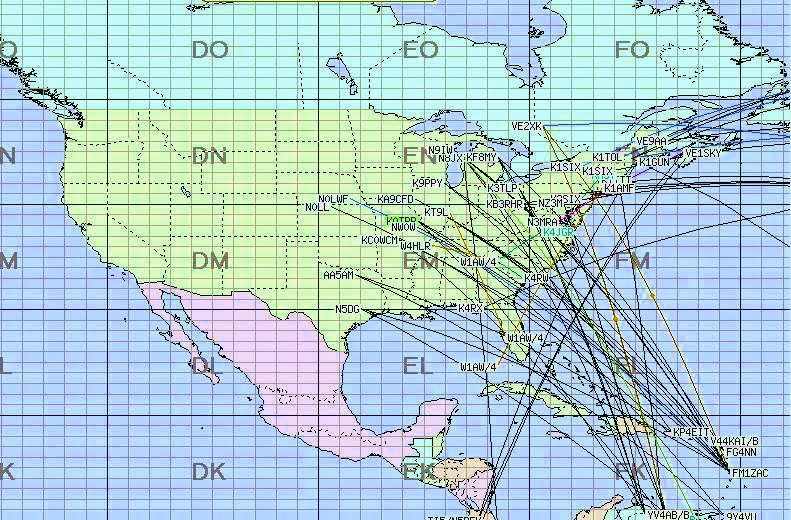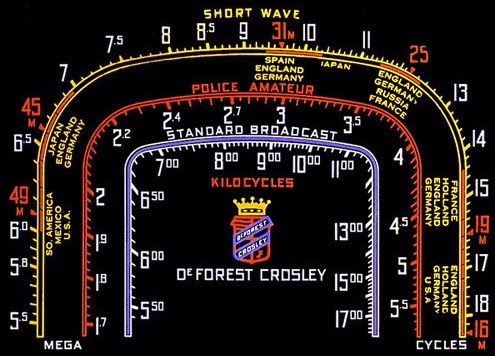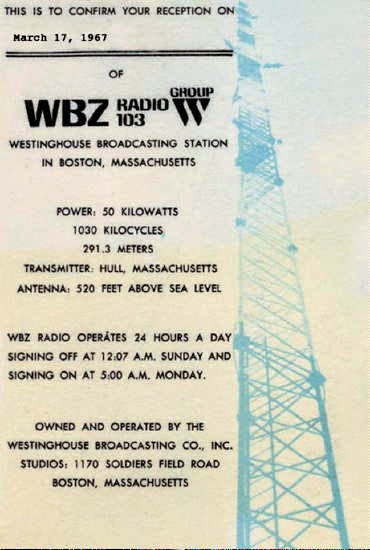 Apple – Panorama documentary
Apple – Panorama documentary
Last week, BBC’s Panorama programme did a frightening documentary on factories used by Apple in China and on their tin supply chain in Indonesia. If such poor conditions are used by Apple, many other products will be produced in even worse conditions. As a user of Apple products I am appalled.
See Panorama, Apple’s Broken Promises .
Of course, we in the West milk the low costs that such poor working procedures/conditions permit. With time, conditions will improve and the West will look to other low cost manufacturing areas for our low cost products. Sadly, our greed feeds this process.
Frighteningly, other products we buy are probably made in places that are far worse.
Andrew G6ALB tells me of a friend in the automotive industry who visited a Chinese supplier where he found workers using ordinary sun glasses to protect eyes from welding gear. After 6 months the workers were totally blind. So they just got fresh workers to replace them!
Thanks to Steven G7VFY for most of this information.
UPDATE 1740z: Sadly many (most?) of our electronics components will be made in sweat shops in the Far East. It is very hard to get away from this problem.
Roger Lapthorn, G3XBM, is a regular contributor to AmateurRadio.com and writes from Cambridge, England.
 Cycle 24 6m F2!
Cycle 24 6m F2!
 |
| Courtesy: http://www.dxmaps.com |
It's still one hour from sunrise here on the west coast but the 6m fireworks have started on the east coast....Cycle 24 F2 ! Will it reach us today?? ...fingers are crossed.
Steve McDonald, VE7SL, is a regular contributor to AmateurRadio.com and writes from British Columbia, Canada. Contact him at [email protected].
 Simple 10m DSB transmitter
Simple 10m DSB transmitter
From Steven, G7VFY comes news of a very simple 10m DSB transmitter from the blog of KA7OEI. This is an experimental very low power transmitter. It is unlikely to be of use in serious applications, but the range might surprise some. On 10m, the antenna is efficient and on a clear frequency it has the potential to get a long way. Over 1000km would not surprise me on a totally clear frequency. After all, 1mW (or so) is about 53 if a 100W signal was 59+12dB. On 10m such signals with 100W are very possible.
See http://ka7oei.blogspot.co.uk/2014/10/the-pointless-10-meter-dsb-qrp.html .
Roger Lapthorn, G3XBM, is a regular contributor to AmateurRadio.com and writes from Cambridge, England.
 Large Loop On The Broadcast Band
Large Loop On The Broadcast Band
Those of you following my blog will know that I spent some time this fall designing and building a large rotatable loop for LF and MF (BCB) work. So far the loop has met my expectations and is working well. In spite of several strong storm blasts from the southeast (70-90km), the lightweight PVC frame has shown little desire to grab the wind and destroy itself. For anyone seeking a simple and inexpensive method of mounting a rotatable loop or Flag type of antenna, I believe this mounting system would be excellent.
 Over the past few weeks I have logged several new catches on the BCB with three of the highlights shown below. The two stations on 530KHz are both from Cuba...Radio Rebelde at 1Kw (Gauntanamo) and Radio Enciclopedia at 10Kw (Villa Maria). Note how the propagation this night almost puts the two signals, from opposite ends of the island, on a level playing field.
Over the past few weeks I have logged several new catches on the BCB with three of the highlights shown below. The two stations on 530KHz are both from Cuba...Radio Rebelde at 1Kw (Gauntanamo) and Radio Enciclopedia at 10Kw (Villa Maria). Note how the propagation this night almost puts the two signals, from opposite ends of the island, on a level playing field.
At the other end of the band, the Caribbean Beacon on 1610, from The Valley, Anguilla, has been making regular appearances with a strong signal as well.
A nice domestic catch was one-kilowatt CJEU, Radio Jeunesse in Gatineau, Quebec, operating on 1670KHz.
With the recent surge in solar flaring, the band has not been its normal December self over the past few nights...hopefully the sun will calm down and things can return to normal soon.
I vividly recall my excitement after catching WBZ-1030 in Boston, MA on my little 5 tube AC/DC radio and loose-coupled longwire. I had been hoping to catch an ID from them after listening for them for several Saturday nights! I even managed to get a QSL for my wall, similar to this one, shortly after the big event.
It's great getting back to my radio "roots" although DXing on the BCB has changed so much over the years, with fewer stations regularly identifying and no longer signing-off at midnight. Using the Perseus SDR has also made catching idents much easier, with the ability to record the entire band for hours at a time...or as long as one's hard-drive will allow.
Steve McDonald, VE7SL, is a regular contributor to AmateurRadio.com and writes from British Columbia, Canada. Contact him at [email protected].
 Optical communications – over the horizon (NLOS)
Optical communications – over the horizon (NLOS)
The DX record for communications at optical frequencies is phenomenal these days. There is a growing interest in communications over non line of sight paths (NLOS) using cloud-bounce or clear air scattering. To my knowledge, in recent times experiments are (or are about to start) by F1AVY, VK4EBP , VE7SL and G3XBM (when fit again). I am sure there are others too. Weak signal modes certainly help. I used QRSS3 over an 8.5km NLOS path, but much further has been achieved.
See http://en.wikipedia.org/wiki/Non-line-of-sight_propagation.
Australian Optical DX https://groups.yahoo.com/neo/groups/Optical_DX/info
Nanowaves https://groups.yahoo.com/neo/groups/UKNanowaves/info
Roger Lapthorn, G3XBM, is a regular contributor to AmateurRadio.com and writes from Cambridge, England.
 Simon’s Greyline
Simon’s Greyline
I wrote about this in early October http://g1kqh.blogspot.co.uk/2014/10/new-software.html
Since then the Great Circle map has been given a zoom option, and some minor bugs have been ironed out. I also notice there is now an interface for the Yaesu FT-3000 that has been added, not much reference to this at the moment, and as I do not own this radio I cannot test it out? However, I feel there are great things to come from this program, so it is well worth a download and keeping an eye on its website for future updates:
http://www.dit-dit-dit.com/Downloads.aspx
Steve, G1KQH, is a regular contributor to AmateurRadio.com and writes from England. Contact him at [email protected].
 Not much time?
Not much time?
There are a few little electronic toys I am hoping for this year, as well as a book. All will be revealed very soon!
73 Steve
Steve, G1KQH, is a regular contributor to AmateurRadio.com and writes from England. Contact him at [email protected].
















